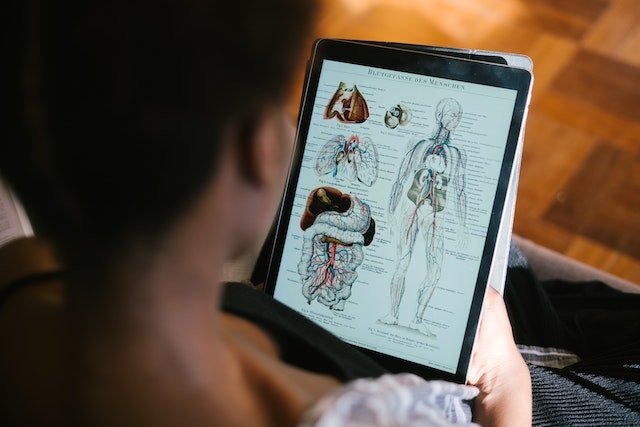How the Human Body Works Explained
How the Human Body Works Explained
Introduction: The human body is a remarkable and intricate system that allows us to function and thrive. This article provides a comprehensive guide to understanding how the human body works, covering its major systems, organs, and processes.

- Skeletal System:
- Functions of the skeletal system, including support, protection, and movement
- Structure of bones and their composition
- Types of joints and their role in facilitating movement
- Bone remodeling and the process of bone growth and repair
- Muscular System:
- Types of muscles: skeletal, smooth, and cardiac muscles
- Muscle contraction and the role of motor neurons
- Muscle fibers and the sliding filament theory of muscle contraction
- Importance of exercise for muscle health and strength
- Nervous System:
- Structure and function of the central nervous system (brain and spinal cord) and the peripheral nervous system
- Neurons and their role in transmitting electrical signals
- Synaptic transmission and the release of neurotransmitters
- Different regions of the brain and their functions
- Respiratory System:
- The process of respiration: inhalation and exhalation
- Structure and function of the respiratory organs: nose, trachea, bronchi, and lungs
- Gas exchange in the alveoli
- Regulation of breathing by the respiratory center in the brain
- Circulatory System:
- Structure and function of the heart: chambers, valves, and blood vessels
- Blood composition and its role in transportation
- The cardiac cycle and the pathway of blood circulation
- Regulation of blood pressure and the role of the circulatory system in delivering oxygen and nutrients
- Digestive System:
- Organs of the digestive system: mouth, esophagus, stomach, small intestine, and large intestine
- Digestive enzymes and their role in breaking down food
- Absorption of nutrients in the small intestine
- Functions of the liver and pancreas in digestion and metabolism
- Immune System:
- Components of the immune system: white blood cells, lymph nodes, and lymphatic vessels
- Innate and adaptive immunity and their responses to pathogens
- Antibodies and the role of B cells and T cells in immune defense
- Immunization and the importance of vaccines in preventing diseases
- Endocrine System:
- Major endocrine glands and their hormones: pituitary, thyroid, adrenal, and reproductive glands
- Hormone regulation and feedback mechanisms
- Role of hormones in growth, metabolism, and reproduction
- Disorders of the endocrine system, such as diabetes and thyroid disorders
Conclusion: The human body is a complex and interconnected system that allows us to live, move, and experience the world. Understanding how our body functions empowers us to take care of our health and make informed choices to support our overall well-being.
What’s your Reaction?
+1
+1
+1
+1
+1



